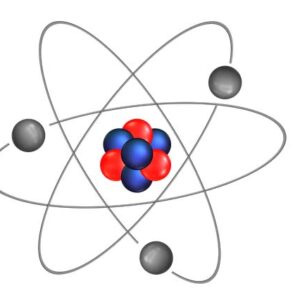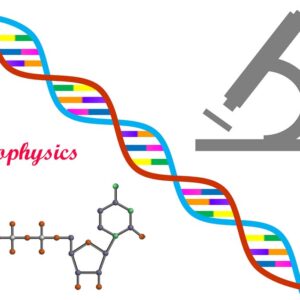
There are numerous varieties of chemistry, each with a distinct purpose and set of uses. Several instances include:
- Organic Chemistry: Compounds having carbon-hydrogen bonds such as hydrocarbons, carbohydrates and lipids are the focus of this branch of chemistry. It is crucial for the research on metabolism and other biological processes, the creation of novel drugs and other chemical products and many other fields.
- Inorganic Chemistry: This branch of chemistry studies the characteristics and behaviour of substances such as minerals, metals and other non-organic substances that do not include carbon-hydrogen bonds. Along with novel catalyst development and other chemical product development it is crucial to the study of materials science.
- Physical Chemistry: This branch of chemistry focuses on the physical characteristics of matter including how gases, liquids and solids behave. It is crucial for the study of kinetics and thermodynamics as well as for the creation of novel substances and other chemical goods.
- Analytical Chemistry: This branch of chemistry is interested in the procedures and methods used to ascertain the make-up of a substance. It is crucial to forensic science research and the examination of environmental sample data.
- Biochemistry: This branch of chemistry studies chemical reactions that take place within living things, such as those in cells and the composition and structure of biomolecules like proteins, nucleic acids, carbohydrates and lipids. It is crucial to the study of biology and medicine.
- Environmental Chemistry: This branch of chemistry examines how chemicals interact with the environment and how they affect ecosystems and human health.
- Nuclear Chemistry: This branch of chemistry focuses on the investigation of the characteristics and behaviour of elements and isotopes. It is crucial for the research of radioactive materials and nuclear energy.
- Materials chemistry: The study of the characteristics and behaviour of solid materials as well as the creation of new materials with desired qualities are the focus of materials chemistry which is one of the chemical disciplines.
- Polymer Chemistry: The study of polymers which are big molecules made up of repeating units, is the focus of polymer chemistry. The study of the characteristics and behaviour of polymers as well as the development of novel materials like plastics and synthetic fibres depend on polymer chemistry.
- Medicinal Chemistry: This branch of chemistry focuses on the conception, synthesis and creation of novel drugs. Organic, biochemical and pharmacological concepts are used by medicinal chemists to create novel molecules with targeted biological action.
- Astrochemistry: This branch of chemistry focuses on the investigation of chemical processes that take place in space such as the synthesis and behaviour of molecules in stars, galaxies and the interstellar medium.
- Photochemistry: This branch of chemistry focuses on the investigation of chemical processes brought about by light. The study of atmospheric chemistry and the creation of cutting-edge technology like solar cells both rely on photochemistry.
- Theoretical chemistry: is the branch of chemistry that uses mathematical and computational techniques to comprehend and predict the behaviour of chemical systems. The study of complicated chemical systems and the creation of novel chemical theories both benefit from theoretical chemistry.
- Computational Chemistry: This branch of chemistry focuses on the analysis of chemical systems using computer simulations and models. Understanding the composition and characteristics of molecules aids in predicting their behaviour and the development of novel materials.
These are only a few of the numerous varieties of chemistry that exist. To the larger science of chemistry and its applications each of these subdisciplines makes significant knowledge contributions.
These chemistry subfields are all connected and frequently overlap. Each one of them offers particular understandings and insights into chemical systems which are crucial for the creation of new products and technologies as well as for the advancement of society and the preservation of our planet.









